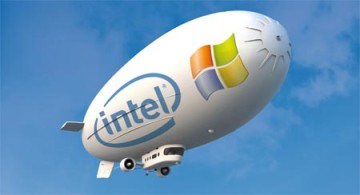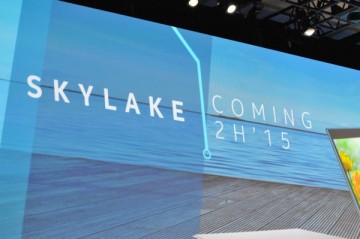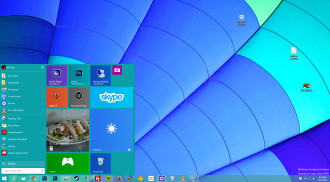 Intel and Microsoft have set up a point-based channel incentive programme to get Intel’s Technology Provider partners to upgrade the 600 million PCs in use today that are five years old or older to the new Skylake-Windows 10 platform.
Intel and Microsoft have set up a point-based channel incentive programme to get Intel’s Technology Provider partners to upgrade the 600 million PCs in use today that are five years old or older to the new Skylake-Windows 10 platform.
Dubbed the Accelerate Your Business initiative, North American custom builders selling Windows 10-Skylake systems will be rewarded with the new programme, available through Intel distributors.
Under the deal, custom builders in North America can earn points when they purchase Intel sixth-generation Core i5 or Core i7 components and Windows 10 Pro.
Partners must be active Gold or Platinum Intel Technology Providers. The promotion is valid until June 30.
According to Intel, the initiative will also include training, collateral and resource kits for reseller partners to help showcase the benefits of refreshing PCs.
Intel is expected to announce the news at its Intel Solutions Summit later this week. It is is not clear if the programme will be rolled out to its UK partners at the same time.












